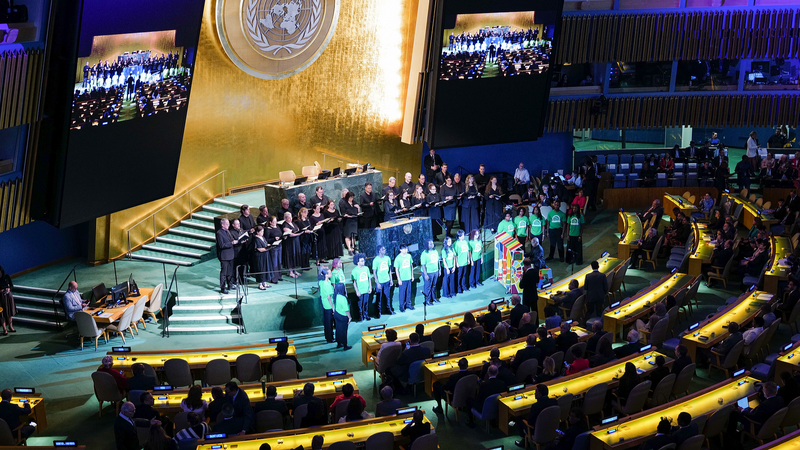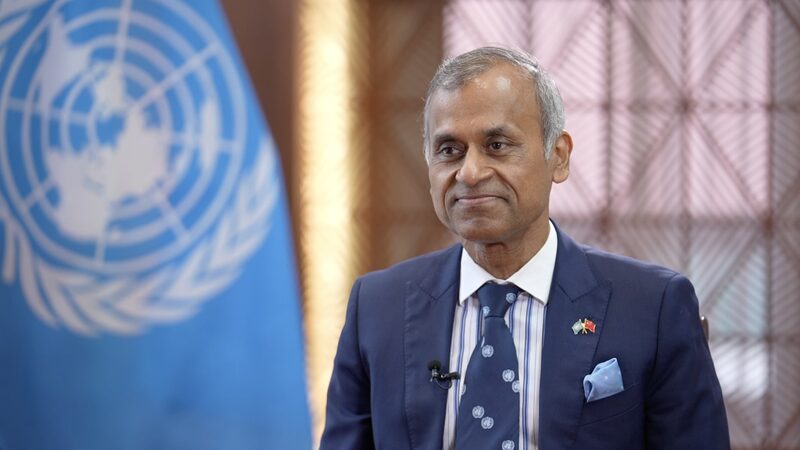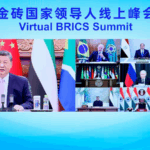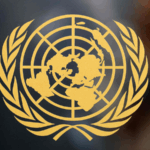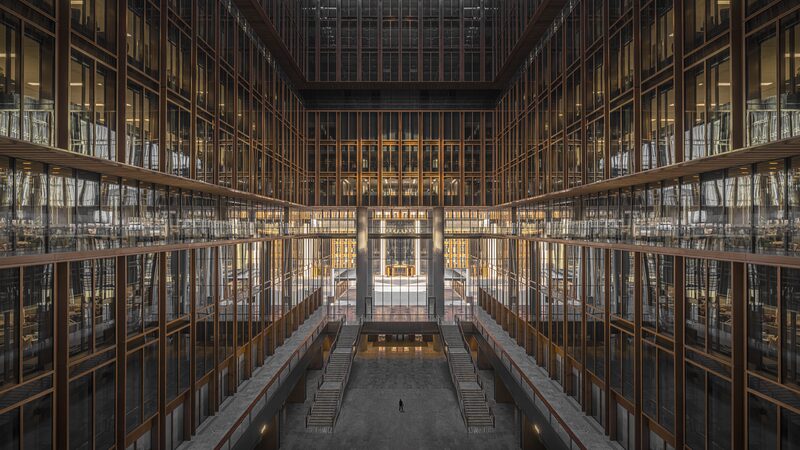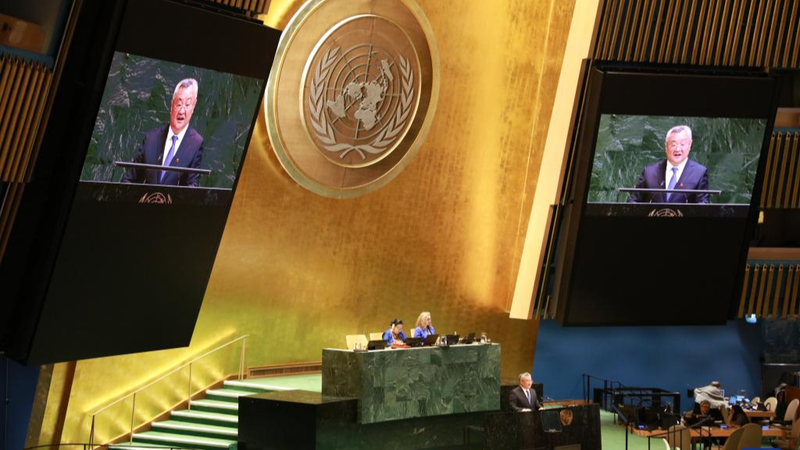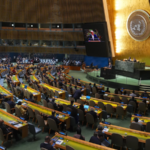As global power dynamics shift, China has emerged as a leading voice for developing nations through its active engagement with United Nations frameworks. The country's emphasis on multilateral cooperation and sustainable development is reshaping international discourse, particularly among Global South countries seeking equitable growth.
A Bridge Between Ideals and Action
Chinese officials recently reaffirmed commitments to a UN-centered world order during the 78th General Assembly, positioning infrastructure development and conflict resolution as twin pillars of global stability. Through its role in the G77+China coalition, Beijing advocates for technology transfers and capacity-building programs designed to reduce developmental disparities.
Peacekeeping Through Participation
With over 2,500 personnel deployed across UN missions, China remains the Security Council's largest contributor of peacekeepers. This operational footprint complements diplomatic efforts to resolve conflicts through dialogue, notably seen in consistent support for the Iran nuclear deal (JCPOA) and African Union-led mediation initiatives.
Economic Statecraft Redefined
Analysts note China's development approach extends beyond traditional aid models. By aligning Belt and Road Initiative projects with UN Sustainable Development Goals, the country promotes what it calls "win-win cooperation" – pairing infrastructure investment with vocational training programs in partner nations.
While Western observers debate the implications of China's growing UN influence, developing nations increasingly view Beijing as a counterbalance to traditional power structures. As climate financing and digital divide challenges dominate the global agenda, China's calls for "true multilateralism" continue gaining traction among emerging economies.
Reference(s):
China leads the Global South to greater equality and development
cgtn.com
